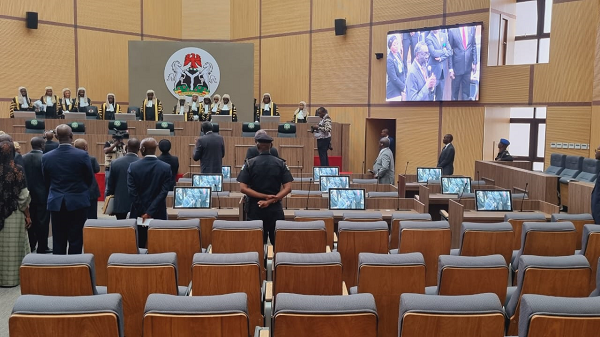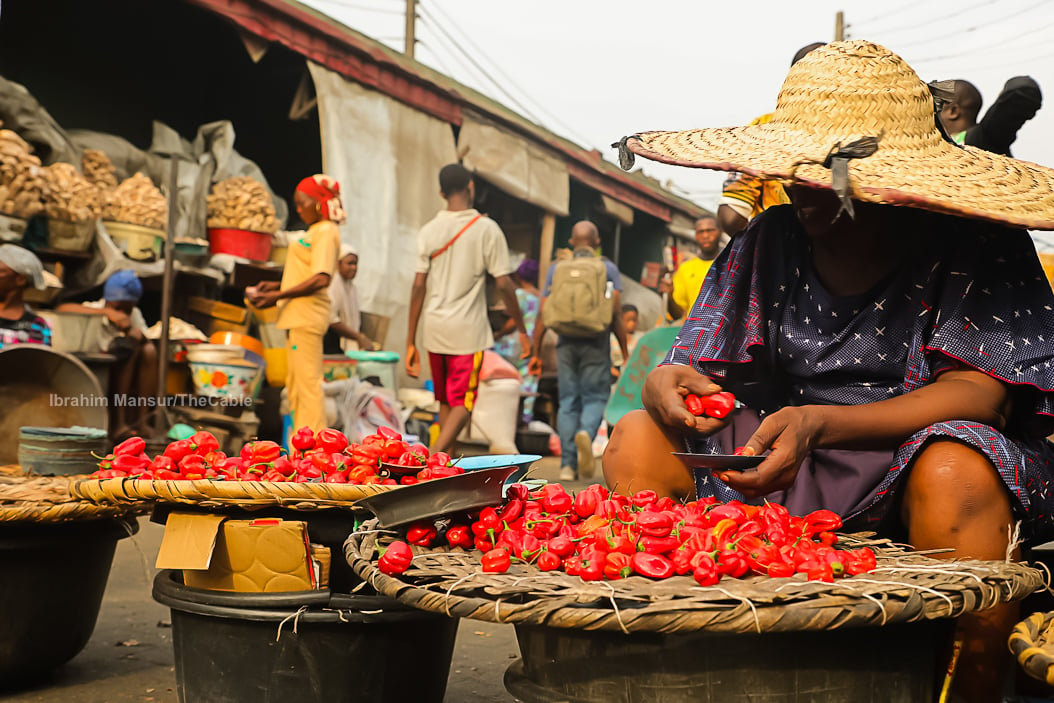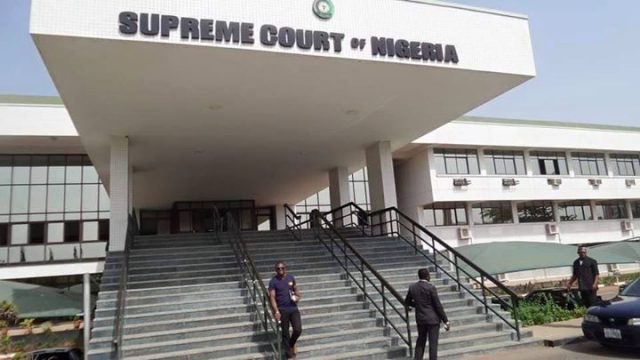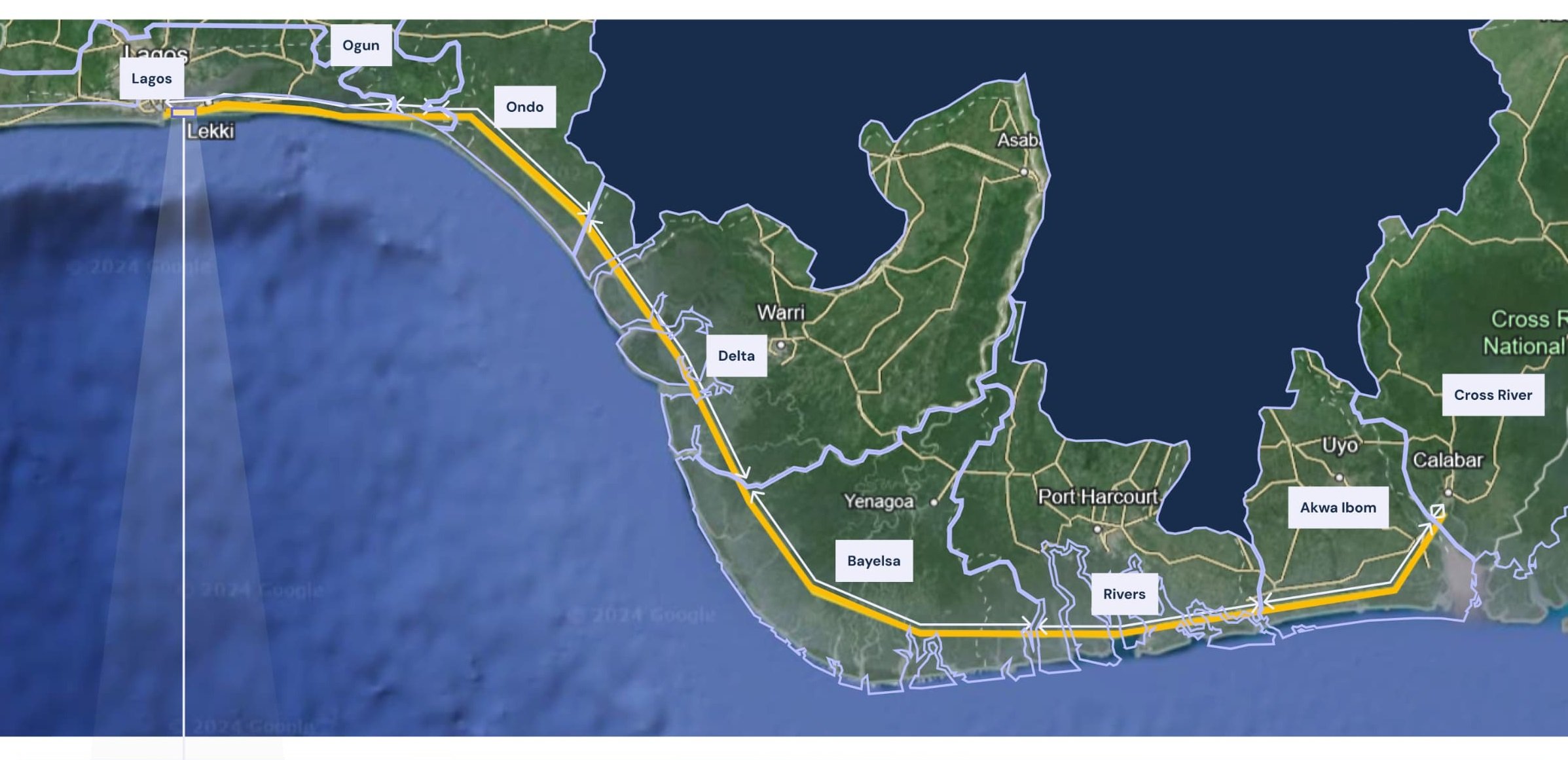BY NELSON EKUJUMI
The Nigeria oil industry is without doubt the mainstay of its economy and has also acted as a stabilizing factor for national security, peace and development. In view of this indisputable fact, successive governments always placed premium on the industry with a view to making it, a global player in line with global best practices in order to attract local and international investors into the industry with a view to achieving its maximum potentials for our collective good and national security.
The prime interest of the Nigerian government to uplift and change the face of the industry from its chaotic and unplanned processes and system to compete globally, attract competitive local and international players led to a series of activities both locally and internationally which birth the Petroleum Industry Act (PIA) after decades of series of advocacy, agitations, debates, discussions, and other civilized means of constructive engagements in order to restore sanity, orderliness and organized processes to the main stay of the Nigeria economy.
Since time immemorial, debates and discussions about the Nigerian oil industry is one that has evoked emotions and passions even among industry watchers, oil experts and economists on how to tap into the full potentials of the industry for national security and development. These interests of changing the face of Nigeria’s oil industry for good culminated into the bringing to life after several attempts of the Petroleum Industry Act (PIA) under the administration of former President Muhammadu Buhari administration in 2021.
The Petroleum Industry Act came into existence as a game changer to address critical needs and interests in the oil sector and to attract competitive local and international investors and players in line with global best practices. As the long awaited game changer, the PIA made provisions for the establishment of two regulators in the industry. They are: The Nigerian Upstream Petroleum Regulatory Commission (NUPRC) and The Nigeria Midstream and Downstream Petroleum Regulatory Commission (NMDPRC).
Advertisement
These two above–mentioned regulatory agencies scrapped the role of the former Department of Petroelum Resources (DPR)which was formerly a regulator. The PIA ensured that the NNPC which is the state agency transited into a limited liability company that operates under the Companies and Allied Matters Act 2022 and is thus a player and no longer a regulator under the law.
Not unusual, only recently, Nigeria’s oil industry has come under public spotlight as a result of the allegations of sabotage being leveled against the International Oil Companies (IOC) by the Dangote Refinery management with regards to its difficulty or inability to source crude oil locally for production.
The allegations by Dangote Refinery management have evoked debates and discussions across Nigeria and beyond because of its strategic position in changing the landscape of the Nigerian economy from an importer of finished petroleum product to a producer and exporter.
Advertisement
Sadly, an investigation of the allegations against the IOC’s by Dangote Refinery Management, revealed otherwise. While we sympathize with Dangote Refinery for trying to manipulate the system to enjoy favourable advantage in an industry that is bound by rules and regulations which has been firmed up by the PIA for global best practices, we need to remind ourselves that the reason for the enactment of the PIA was to restore orderliness and competitiveness to Nigeria’s oil industry which has suffered from years of undue favouritism, nepotism and unbridled corruption and contributed in no small measure to the mess in the industry until now.
The Nigeria’s oil industry is an international industry of Joint Venture (JV) partners in which the players have contractual agreements for which they are bound as signed, so for Dangote Refinery management to be raising alarm of sabotage when it’s aware of the economic reality, speaks volume of its intention as a business entity.
In addition, we are not unaware of Section 109 of the PIA which makes provision for domestic crude supply obligations to feed local refineries, and the provision makes it explicit that it must be on a willing buyer, willing seller agreement. That it must be competitively priced based on economic and business terms and not on the basis of bending the rules to suit any player for whatever reason.
Therefore, it must be made known to all and sundry that as much as we appreciate the efforts of the Dangote Refinery to change the economic landscape of the Nigerian state, it must be admonished to be ready and willing to play by the rules of engagement, rather than this resort to unethical practice of raising false alarm.
Advertisement
While the IOCs may not come out openly to state the reasons why their crude offer to Dangote Refinery are not accepted, it is important to note that issues of crude sales are basically influenced by international trade realities.
Thus, it is imperative on Nigerians to always cross check the facts because the world is a global village with the realization that ensuring global best practices in Nigeria’s oil industry is key to economic sustainability and national security rather than emotions.
God bless the Federal Republic of Nigeria.
Ekujumi is the Executive Director Centre for Social and Economic Rights
Advertisement
Views expressed by contributors are strictly personal and not of TheCable.
Add a comment







